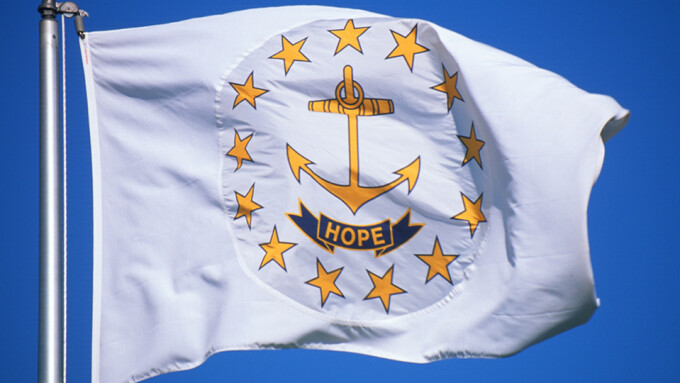PROVIDENCE, R.I. — Rhode Island state Sen. Frank Ciccone today pulled his bill that would have charged users $20 to unblock online porn, citing that the piece of legislation has "dubious origins."
Ciccone said he made the decision to shelve SB 2584, which would have required mandatory porn filters on personal computers and mobile devices, after Time.com and the Associated Press published stories on the main cog behind a state-by-state movement to regulate online porn and create fees.
"A lot of us had misinformation," said Ciccone, referring to the so-called Human Trafficking and Child Exploitation Prevention Act that is being shopped around by its proponent, Chris Sevier.
Sevier had publicized that language in his template called the legislation the “Elizabeth Smart Law” after the girl who was kidnapped from her Utah home as a teenager in 2002.
But Smart wanted nothing to do with Sevier idea, and she sent a cease-and-desist letter to demand her name be removed from any promotion of the proposal.
Ciccone later found out about Smart’s letter and learned another thing about Sevier: He had a history of outlandish lawsuits, including one trying to marry his computer as a statement against gay marriage.
Besides filing similar lawsuits targeting gay marriage in Utah, Texas, Tennessee, South Carolina and Kentucky, Sevier was sentenced to probation after being found guilty four years ago of harassment threats against country singer John Rich.
Ciccone said he thinks other lawmakers in some 18 states where the bill has popped up also got bad information.
“I assume there's quite a few other people" in power who were bamboozled, Ciccone said of Sevier.
Sevier’s template for legislation has drawn criticism from industry trade groups Free Speech Coalition and APAC, as well as the ACLU and the Electronic Frontier Foundation.
Even the National Center on Sexual Exploitation, an anti-pornography advocacy group, demanded last year that Sevier stop claiming it supported his work.
Sevier claimed the templated bill would protect children and others by making pornography and sites that allow human trafficking more difficult to access.








